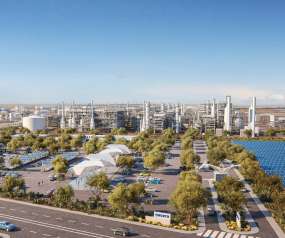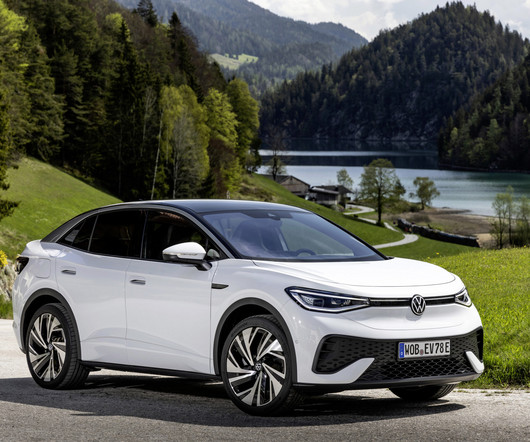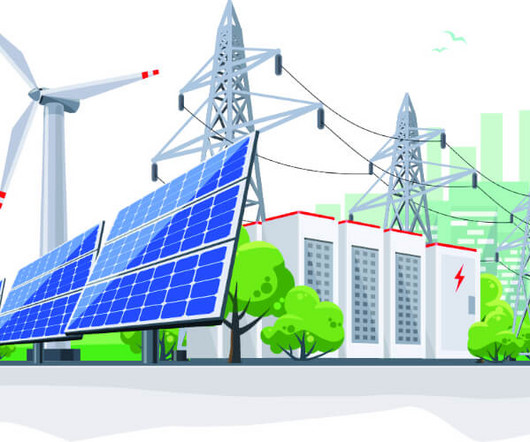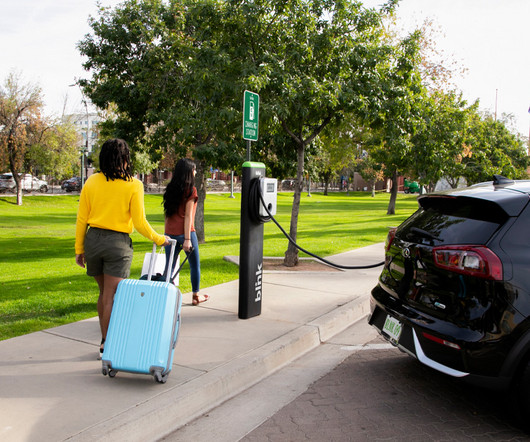A Clean Heat Standard Would Bring Flexibility to Home Electrification
Green Energy Consumers
MAY 22, 2023
Most of us still burn fossil fuels to heat our buildings, make hot water, cook, and dry our laundry. But recently, there’s been a welcome surge of interest among consumers in ways to switch to cleaner, more efficient heat pumps, induction stoves, and electric clothes dryers.































Let's personalize your content